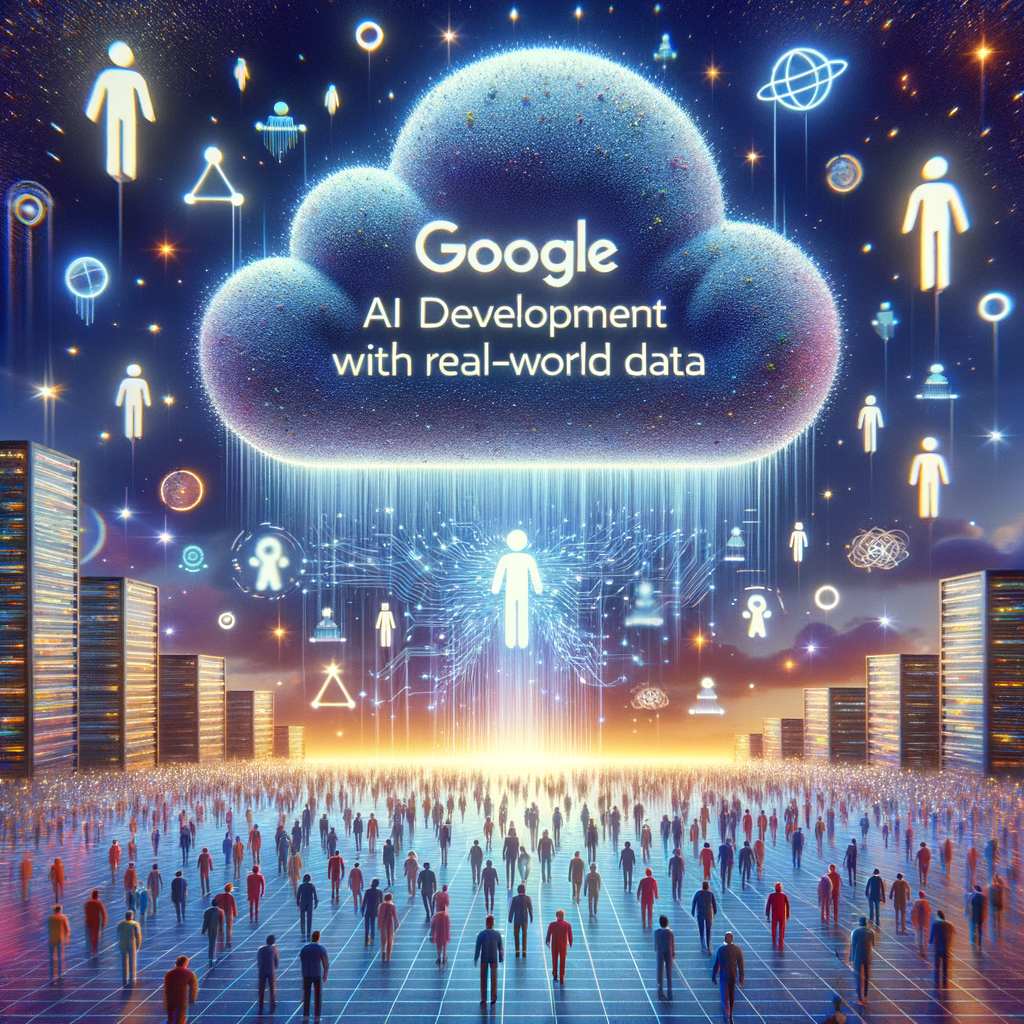
Introduction
Artificial intelligence (AI) has emerged as a transformative technology with the potential to revolutionize various industries. However, the development of AI algorithms heavily relies on high-quality data for training and validation. To address this need, Google has announced a strategic partnership with leading data and analytics providers, including Thomson Reuters, Moody’s, and others. Through this collaboration, Google aims to provide its AI models with real-world, industry-specific data, further bolstering their accuracy and applicability in practical settings.
The Importance of Real-World Data for AI
Training AI models on synthetic or limited datasets can lead to models that perform well within controlled environments but struggle to generalize to real-world scenarios. Real-world data, on the other hand, captures the complexity and diversity of the real world, enabling AI models to learn from actual situations and make more informed decisions.
The partnership with Thomson Reuters, Moody’s, and other data providers will significantly expand Google’s access to curated, structured, and industry-specific data. This data will be used to train and enhance AI models in areas such as financial analysis, healthcare, energy, and supply chain management.
Collaboration with Industry Leaders
Thomson Reuters
Thomson Reuters is a leading provider of trusted news, information, and analytics for businesses and professionals. Their extensive database of financial news, market data, company profiles, and industry insights will be instrumental in enhancing Google’s AI models for financial analysis, investment research, and risk management.
Moody’s
Moody’s is a global credit rating agency with a renowned reputation for providing independent credit assessments and research. Their vast repository of credit data, including credit ratings, financial statements, and economic indicators, will significantly improve Google’s AI models for credit risk assessment, loan approval, and default prediction.
Other Data Providers
In addition to Thomson Reuters and Moody’s, Google has partnered with several other data providers, including:
- S&P Global for market intelligence, industry analysis, and economic data
- LexisNexis for legal and regulatory information
- IHS Markit for energy, healthcare, and technology data
- Dun & Bradstreet for business information and insights

Benefits of the Partnership
The partnership between Google and these data providers offers numerous benefits:
- Enhanced AI accuracy: The incorporation of real-world data from industry-leading sources will significantly improve the accuracy and robustness of Google’s AI models.
- Increased applicability: By training AI models on data that mirrors real-world scenarios, Google ensures that these models are more applicable and useful in practical applications.
- Accelerated development: Access to high-quality data enables Google to accelerate the development and refinement of AI models, reducing time-to-market and improving efficiency.
- Innovation: The partnership fosters innovation by bringing together Google’s AI expertise with the deep industry knowledge of data providers.
Applications in Key Industries
- Financial services: Improved financial analysis, risk management, and fraud detection.
- Healthcare: More accurate diagnosis, personalized treatment plans, and drug discovery.
- Energy: Optimized energy production, grid stability, and resource management.
- Supply chain management: Enhanced inventory planning, demand forecasting, and logistics efficiency.
Conclusion
Google’s partnership with Thomson Reuters, Moody’s, and other data providers is a significant step forward in the development of AI that is grounded in real-world data. By leveraging the expertise and resources of these industry leaders, Google aims to create AI models that are more accurate, applicable, and transformative. This collaboration will ultimately empower businesses and organizations to derive greater value from data, drive innovation, and solve complex challenges with AI.









